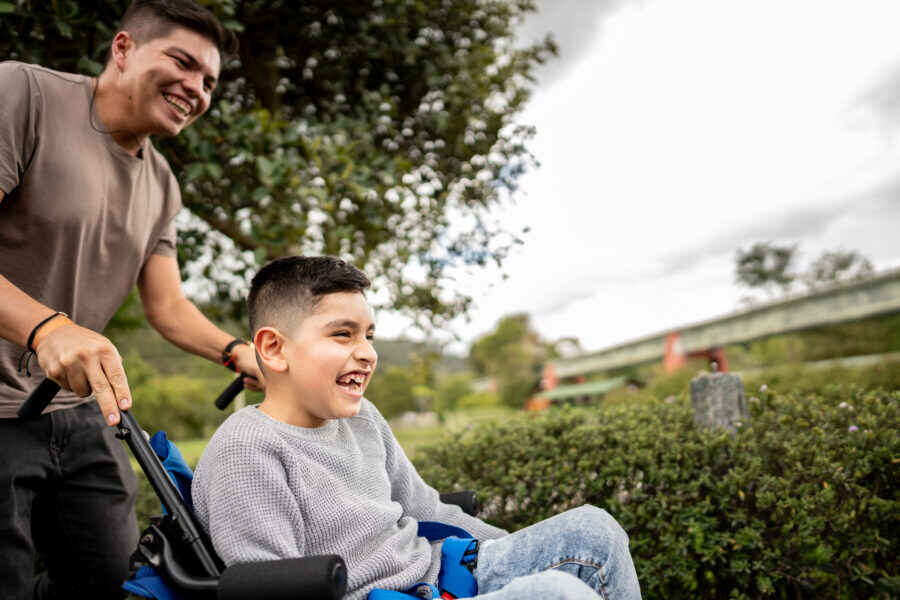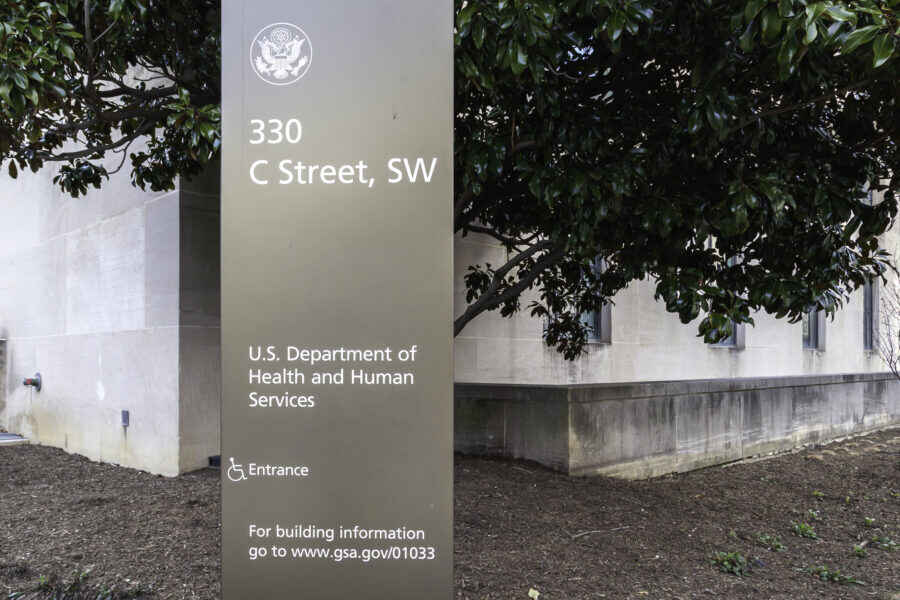
Proposed Legislation to Boycott Opioid Manufacturers Would Undermine the Public Health Response to Opioid Overdose
Law & Policy InsightsSubstance Use Prevention and Harm ReductionHarm Reduction Legal ProjectInjury Prevention and SafetySeveral states have proposed legislation restricting the use of state funds to purchase opioid antagonists from entities that have entered into an opioid-related litigation settlement regarding misconduct in the sale or distribution of prescription opioids. As they consider whether these laws are in the best interests of both taxpayers and people at risk of overdose, policymakers and advocates should consider the negative effect such laws would likely have on access to lifesaving overdose reversal medications.











